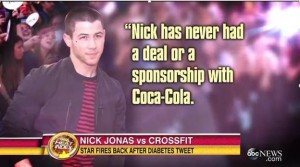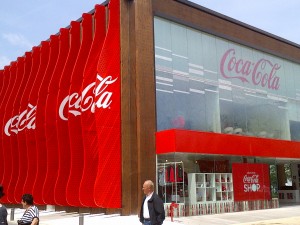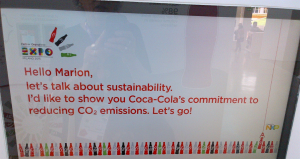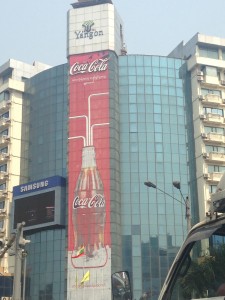Muhtar Kent, Coca-Cola’s CEO, and scientist Steven Blair respond to critics
Coca-Cola, in case you missed the furor over last week’s New York Times article, has a huge public relations problem.
The damage control begins today with Coke’s CEO’s op-ed in the Wall Street Journal:
Our company has been accused of shifting the debate to suggest that physical activity is the only solution to the obesity crisis. There also have been reports accusing us of deceiving the public about our support of scientific research…I am disappointed that some actions we have taken to fund scientific research and health and well-being programs have served only to create more confusion and mistrust. I know our company can do a better job engaging both the public-health and scientific communities—and we will.
By supporting research and nonprofit organizations, we seek to foster more science-based knowledge to better inform the debate about how best to deal with the obesity epidemic. We have never attempted to hide that. However, in the future we will act with even more transparency as we refocus our investments and our efforts on well-being.
He promises that the company will:
• Publish on our website a list of our efforts to reduce calories and market responsibly, along with a list of health and well-being partnerships and research activities we have funded in the past five years, which we will continue to update every six months.
• Charter and recruit an oversight committee of independent experts to advise and provide governance on company investments in academic research.
• Engage leading experts to explore future opportunities for our academic research investment and health and well-being initiatives.
Personally, I can’t wait to see the list of Coke-funded research activities. Want to bet how many of those studies came out with results that Coca-Cola can use to claim that sugary drinks have no effect on obesity or type 2 diabetes? I’d also like a count of the number of studies Coca-Cola has funded to cast doubt on the National Health and Nutrition Examination Survey, the country’s major dietary monitoring program, which has the annoying habit of linking sugary drinks to those conditions.
Mr. Kent ends his piece with this plea:
As we continue to learn, it is my hope that our critics will receive us with an open mind.
Unless Coca-Cola stops pouring millions of dollars into fighting soda caps and taxes, stops targeting its marketing to minorities, and stops lobbying against public health measures to help people eat more healthfully, keeping Mr. Kent’s version of an open mind will be difficult.
Steven Blair, one of the scientists involved in Coke-funded research, posted this statement today:
I have asked that my video addressing energy balance be taken down from the GEBN website. I regret that a statement I made in this video has been used by some to brand GEBN as a network focusing only on physical activity. This is not true and never has been true. From the beginning the mission of GEBN has been to study the science of energy balance which involves both diet and physical activity. GEBN has some of the top nutritionist experts in the world who have published research showing the importance of diet and in particular of soda consumption in causing obesity. My dismissal of diet as a cause of obesity did a disservice to their work. I hope many of you can relate to feeling so passionate about an issue that you say some things that you later regret. I believe that both diet and physical activity are important in obesity and that we must address both together to help people achieve healthy weights. I look forward to working with other GEBN researchers to do this.
James Hill, another of the scientists involved in this fiasco, also has issued a statement. When it becomes public, I will post a link to it.
Additions, August 21
- The Global Energy Balance Network’s defense of its funding by Coca-Cola
- James Hill’s letter in response to a query from my NYU colleague Lisa Young.

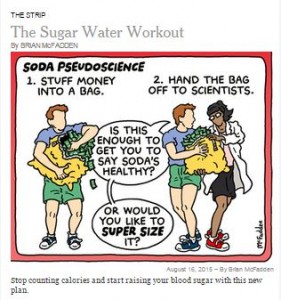 Here’s
Here’s  :
:

